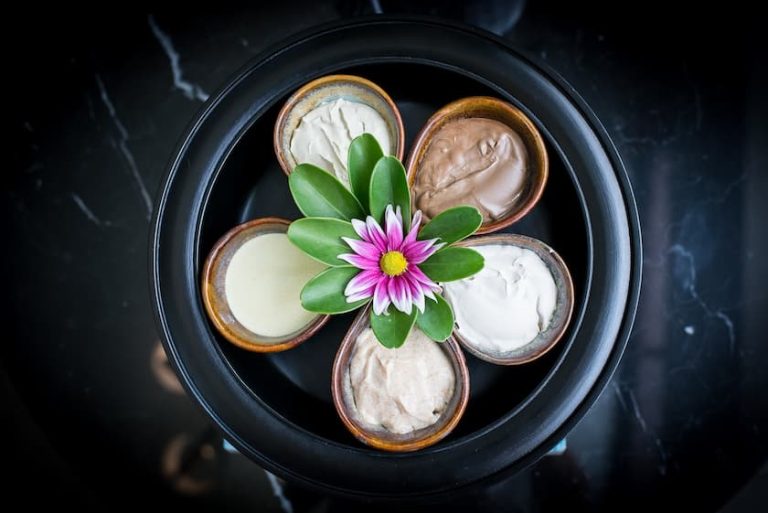Conversations about how to avoid or manage Type 2 Diabetes (T2D) often start with, and focus-on, ‘diet’ and exercise. Both of those topics are hugely important but there is another contributing factor that we need to discuss first; stress!
Does stress cause T2D; how does it affect weight gain and blood sugars?
Stress alone doesn’t cause diabetes but ongoing research indicates there may be a link between frequent (chronic) stress and the risk of T2D.
Both mental and physical stress (i.e. being sick or injured) can make your blood ‘sugar’ levels rise and fall unpredictably; high levels of stress hormones might stop insulin-producing cells in the pancreas from working properly.
In addition, stress can lead some people to seek comfort in food, usually unhealthy food choices, which can lead to glucose spikes short term and weight gain long term; both dangerous outcomes for anyone at risk of, or confirmed with, T2D.
Types of stress and hormonal responses
There is no such thing as a ‘stress free’ life, and some stress is actually good for us, but constant stress definitely has negative impacts on our health and happiness.
In the early days of humankind, stress hormones played a vital part in keeping our ancestors alive; the ability to quickly run away from or defend oneself from a predator is one example.
In modern times, however, most of us are not at risk of being eaten by a lion or dinosaur, but the mental stress caused by work, friends or family will trigger the same stress hormones that saved our ancestors.
There are several types of stress but the three main categories are:
Acute stress: this is normal and generally not harmful; situations such as:
- being chased by an angry dog
- public speaking
Episodic acute stress: frequent but not constant episodes of stress as experienced by:
- police, fire or paramedic personnel
- staff in a business that has ‘rush’ periods like a popular restaurant or a coffee bar in the morning
Chronic stress: high stress levels for extended periods of time (i.e. days / weeks on end):
- caregiving for a severely ill family member while also maintaining a full-time job
- being unemployed or barely earning enough to cover basic needs
When these stressful scenarios arise, our bodies automatically go into ‘fight-or-flight’ mode which triggers several hormones, especially:
- adrenaline: provides that surge of energy that increases heart rate, blood pressure and energy supplies
- cortisol: regulates many functions including helping the body focus on the current ‘crisis’ and to use glucose more effectively.
If levels of these hormones stay elevated for too long or happen too frequently there can be negative health effects such as:
- T2D
- damaged blood vessels
- high blood pressure
- higher risk of heart attack and stroke
- weight gain
- sleep problems / insomnia
- lack of energy
- osteoporosis
- mental cloudiness (brain fog) and memory problems
- a weakened immune system (i.e. more vulnerable to infections such as Covid-19)
Reduce stress and the risk of T2D
Despite what many people believe, reducing stressful feelings is within our own hands; the mind-body connection is incredibly powerful. Simple steps for reducing stress AND improving overall health include:
- regular physical activity
- getting enough / proper sleep (7-8 hours EVERY night)
- relaxation exercises (meditation, breathing exercises)
- talking to a friend about the source of your stress
- taking a break and listening to relaxing music or sounds of nature
- enjoying a soothing cup of green tea rather than coffee
- have fun; laughter and time spent with close friends and family can help significantly
Not sure where to start?
Ayurah Wellness Centres are here to assist. We help our guests discover the importance of proper rest and relaxation and then provide the guidance to achieve reduced stress and better sleep.
The Breathing Recovery and Immunity Boosting Programme was created specifically to help you find calm in the chaotic world we now live in.
Our mindfulness experts will teach you how to stop negative thoughts, clear your mind and achieve positive focus while the wellness team will soothe you with relaxing yoga, massage and you’ll have the option of sound therapy using Tibetan Singing Bowls. Our fitness trainers will then help you design an exercise program that reduces stress and leads to better sleep.
Collectively, the Ayurah team will tailor a program to address your needs and put you on a sustainable path to a lifetime of health and happiness!
Related Articles
- Ayurah & You; Reversing the Trend of Type 2 Diabetes
- Healthy Living with Diabetes
- What to Eat & Type 2 Diabetes
- Physical Activity & Type 2 Diabetes
- Sleep & Type 2 Diabetes
AYURAH SPA & WELLNESS CENTRE
33 Moo 5, Khok Kloi,
Takua Thung, Phang Nga
82140 Thailand
T: +66 (0) 76 580 339
AYURAH SPA & WELLNESS CENTRE
183 Moo 4, Pak Nam Pran,
Pranburi, Hua Hin
77220 Thailand
T: +66 (0) 32 618 300












